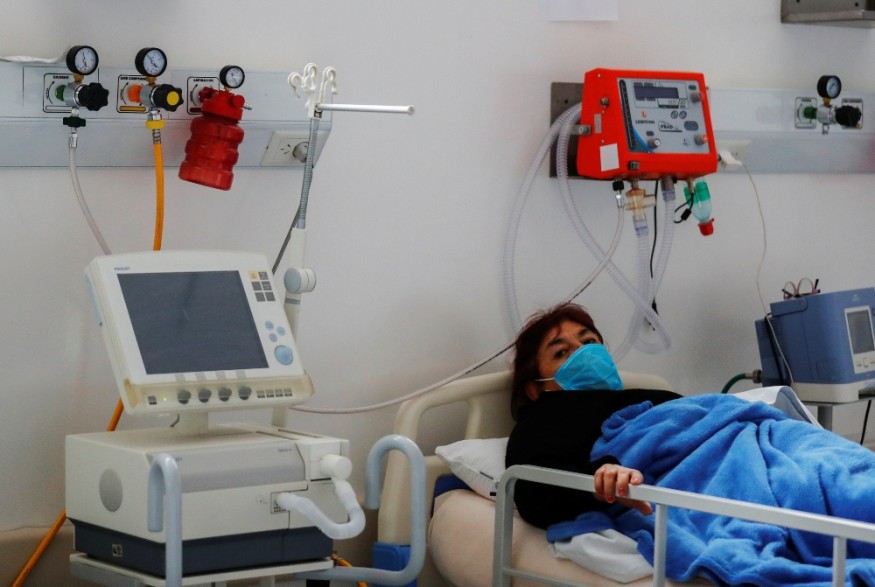Some Recovered COVID-19 Patients Continue to Experience Symptoms, Baffling Experts
Some recovered patients of the coronavirus disease 2019 (COVID-19) have continue to experience symptoms like fever, cough, loss of sense of smell, and more. Experts are now trying to figure out why this happened.

Medical major centers and doctors across the United States are trying figure out why some recovered COVID-19 patients still continue to experience the "symptoms" for weeks, and the worst, sometimes for months, according to a published report in NBC News.
One of them was 47-year-old Amy Watson, who said she has experienced a high fever for almost 100 days already. Watson said she experienced having 100 or 101 degrees body temperature almost daily, every mid-afternoon since mid-March.
She also shared that she was diagnosed positive for COVID-19 in April after she developed symptoms like congestion, cough, and extreme fatigue. Then recently a fever.
Latin Post reported recently that NBA player Rudy Gobert admitted that he still lost his sense of smell, even after he has recovered from COVID-19. A specialist told him that it will take years before his sense of smell returns back to normal.
Health Organizations Confirmed the Report
The World Health Organization and the U.S. Centers for Disease Control and Prevention recognized and acknowledged these reports on recovered COVID-19 patients, who still continue to experience these symptoms. They said they are now working to better understand the recovery phase of patients.
Meanwhile, David Putrino, a physical therapist and assistant professor at the Mount Sinai Health System in New York City, said physicians should not discount the experience of individuals from this disease, which most people knew little about.
Putrino noted that his colleagues at Mount Sinai have started monitoring recovered COVID-19 patients, who still experience milder and long-lasting symptoms, while they are at home.
He said what his group is trying to figure out is how long would this syndrome last and how to manage it. Most of all, they also want to help these people to get back to their normal life.
Dr. Jessica Dine, a lung doctor at Penn Medicine in Philadelphia, have two hypotheses about what is going on. First, the virus may be still inside the body, which remained undetectable through testing. And second, the virus is gone from the body, but patients are experiencing what's referred to as a post-viral inflammatory syndrome.
Moreover, Dine said there is a need for more research to better understand and explain scientifically where these symptoms are coming from.
There are still many things that experts, researchers, and scientists are trying to explore and figure out about the new coronavirus.
This is also the reason why it is hard for these experts to develop a vaccine that will ultimately end the global pandemic.
Even though there are vaccines that are already on the second and final phase of its trial, there is still no assurance until today if these vaccines will be effective in treating COVID-19 patients.
Check this ou!
Subscribe to Latin Post!
Sign up for our free newsletter for the Latest coverage!
© 2025 Latin Post. All rights reserved. Do not reproduce without permission.















